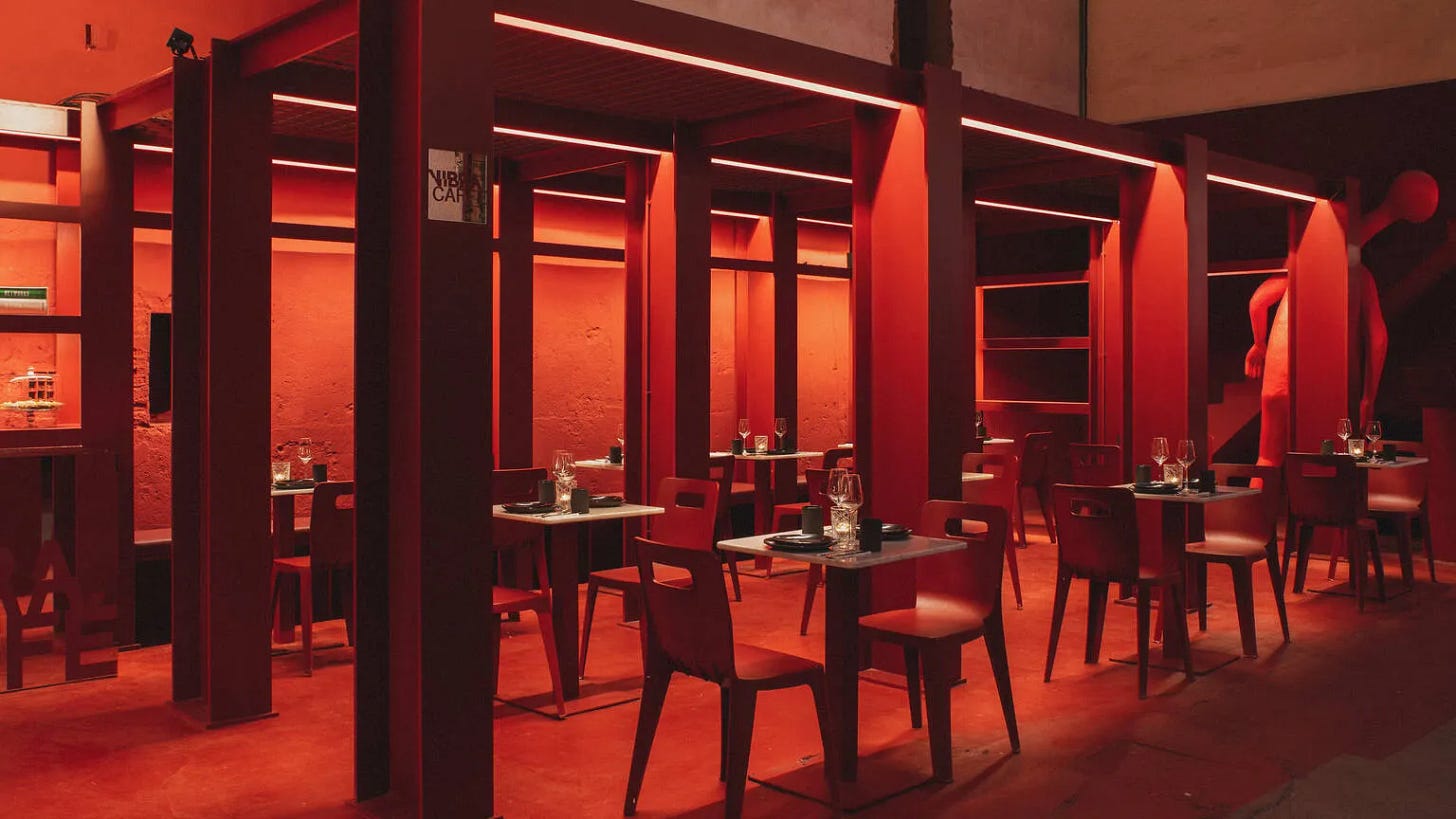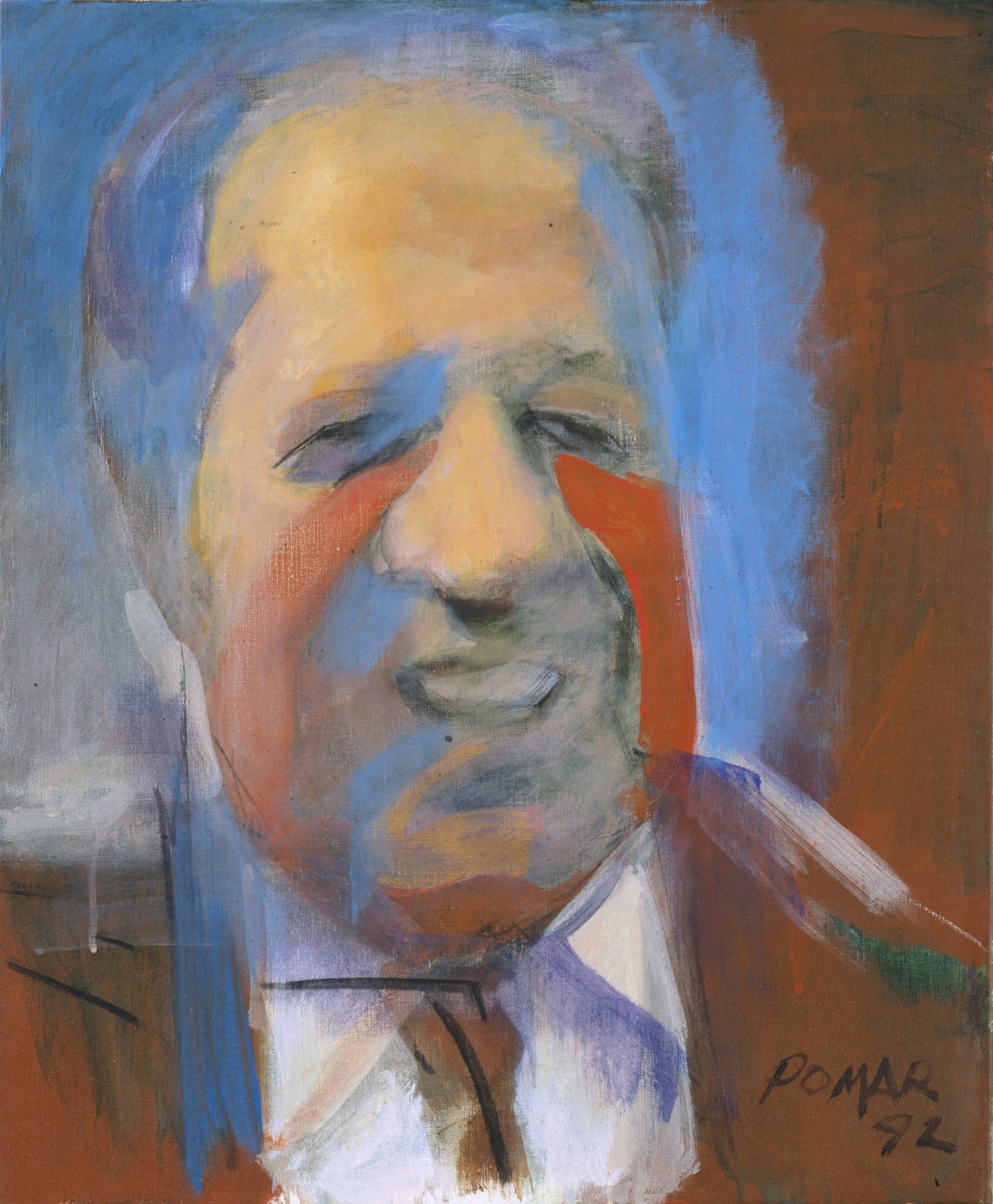Friday Briefing: What to expect of 2025 in Portugal?
Good morning and welcome to PORTUGAL DECODED. Happy New Year! And welcome back to reality. From economic growth to local elections, here are five predictions for what 2025 holds for Portugal.
TALK OF THE TOWN
It’s that time of year and we’re asking you for a little holiday magic. Please consider donating to PORTUGAL DECODED – your generosity means everything!
POLITICS
President Marcelo stressed the need to fight poverty, expressed concern about Trump’s election and urged the Portuguese to keep an “universalist” outlook in his penultimate New Year’s message (More).
Meanwhile, in his first interview with a newspaper since becoming PM, Luís Montenegro said that he has never associated immigration with security and called for immigrants to be seen as the “new Portuguese” (More).
SOCIETY
Renewable energy reached an all-time high in Portugal’s electricity system in 2024, supplying 71% of the country’s electricity consumption, up from 61% the previous year (More).
A 44-year-old woman was killed, and two others were injured during a shooting at a shopping center last Friday, prompting a widespread search for the suspect, who remains at large (More).
ECONOMICS
The Parliament will review amendments to the Soil Law after a controversial decree-law permitting housing construction on rustic land was published in the official Diário da República on Monday (More).
Almost a 1000 km of highways (621 miles) have become tolls-free on January 1, after more than 13 years of struggle by local communities for the reinstatement of the original financing model for these roads with no costs to the user (More).
CULTURE AND SPORTS
Adília Lopes, a key figure in contemporary Portuguese poetry, died on Monday evening at the Hospital de São José in Lisbon, the victim of a long illness (More).
The Government announced a 50% discount for young people up to the age of 25 at the four national theatres, but the discount is not yet operational across all theaters and only one will be fully operational this year (More).
DECODER
1. Admiral Gouveia e Melo will announce his Presidential candidacy
Admiral Henrique Gouveia e Melo is widely expected to run - and win - in the January 2026 Presidential elections. The 64-year-old, born in Mozambique, rose to prominence in Portugal as the coordinator of the highly successful COVID-19 vaccination campaign. Since then, his name has been frequently mentioned as a potential candidate for the Presidency of the Republic, consistently ranking as the favorite in polls. Speculation about his candidacy intensified late last year, after he announced his intention to step down as Chief of the Navy Staff and retire from the military, a decision he officially finalized last Friday. According to SIC, Gouveia e Melo is expected to announce his candidacy in March 2025. The January 2026 Presidential election is poised to dominate Portugal’s political agenda throughout the year, with more candidates expected to emerge as the race unfolds.
2. Lisbon will elect a woman Mayor for the first time
In the upcoming local elections for the 2025-2029 term, scheduled for September or October, voters will elect mayors, council members, and municipal assemblies for Portugal’s 308 municipalities, as well as members of the 3,091 parish assemblies. These elections hold particular significance this year. First, approximately around 100 municipalities will see a change in leadership, as their mayors are barred from running again due to the three-term consecutive limit. This will also be the first local election since Chega disrupted Portugal’s bipartisan system, making it a key test of the party’s popularity. The elections will also gauge the balance of power between the ruling parties and the Socialist Party (PS), which currently dominates at the local level. Nowhere will the competition be fiercer than in Lisbon, where Carlos Moedas’ unexpected victory in 2021 took many by surprise. Thought the Socialists have yet to announce their candidate, the choice will likely fall between two women: former Minister of the Presidency Mariana Vieira da Silva and former Minister of Public Administration Alexandra Leitão. Whoever is the candidate, it will be a tight race with Carlos Moedas but, just like in 2021, the end result could be a surprise.
3. Portugal’s economic growth will accelerate
The Portuguese economy is expected to grow at a faster pace this year, despite a challenging external environment. This outlook is shared by most national and international institutions. Following a 2.5% expansion in Gross Domestic Product (GDP) in 2023, growth slowed to an average of 1.7% in 2024. However, projections for 2025 suggest a rebound. The Ministry of Finance forecasts growth at 2.1%, while slightly less optimistic estimates come from the European Commission (1.9%) and the OECD (2%). On the more positive side, the Bank of Portugal predicts growth of 2.2%, the IMF 2.3%, and the Public Finance Council 2.4%. Exports, consumption, and investment are expected to continue driving this positive trend. According to the Bank of Portugal's December Economic Bulletin, growth in the sale of goods and services abroad is forecast at 3.2% in 2025, with private consumption projected to rise by 2.7% and investment by 5.4%.
4. The 2026 State Budget won’t pass in Parliament
Socialist Party leader Pedro Nuno Santos has indicated that in 2025, he will not negotiate the 2026 State Budget. Without the Socialists’ support, it’s unlikely that the 2026 State Budget will pass. However, this does not mean the Government will fall. By September 9, 2025, the President will no longer be able to dissolve the Assembly, as this date falls within six months of the end of his term (Presidential elections will be held in January 2026). As a result, for most—if not all—of 2026, Portugal will operate under the 2025 State Budget. This scenario does not imply a fiscal cliff, as the country would enter the “duodécimos” regime, or “twelfths regime,” a provisional financial arrangement allowing the government to spend one-twelfth of the previous year’s budget each month. This system ensures continuity in public administration and essential services. Experts also note that the 2025 State Budget was designed with built-in flexibility to account for such a situation in 2026. It is only after mid-July 2026 that Parliament could be dissolved, legislative elections called, and a new State Budget negotiated.
5. Housing prices will continue to rise in 2025
The cost of housing in the country already increased by 7.8% in the second quarter of 2024 compared to the same period the previous year, according to Eurostat. This growth in home purchase prices is likely to be driven by several factors stimulating demand, including the decline in interest rates on housing loans, greater purchasing power and savings, and exemptions from IMT (Property Transfer Tax) and IS (Stamp Duty) for first-time young buyers, and the introduction of a public guarantee for housing loans for young people under 35 and a stable job market will also contribute to the increase. The Governor of the Bank of Portugal, Mário Centeno, recently stated that demand-side measures, whether through tax reductions or credit facilitation, will worsen the problem of housing shortages in Portugal. Similarly, Paulo Macedo, CEO of Caixa Geral de Depósitos, acknowledged that housing prices will likely continue to rise in 2025 because the supply of houses is insufficient to meet the growing demand.
TIPS OF THE WEEK
Lisbon
Vibra Caffé
Miguel Domingos Garcia is a producer and cultural agent, a former manager of artists such as Dino D’Santiago and the man in charge of Vibra Caffé, the most recent addition to at 8 Marvila in Lisbon. The former warehouse of over 350 square metres has been divided into different spaces using works of art by artists Amadeo Carvalho, Blac Dwelle, Robert Panda, Rueffa and Telmo Pereira. The works on display are all for sale, except for the piece made by Cape Verdean Amadeo especially for the space. As well as serving meals, it functions as an art gallery and music studio, promoting and supporting artists (free access to equipment; when you buy a coffee, €0.30 is donated to musicians). A shop selling design objects, clothes and other items from brands such as Moleskine or Taschen complements Vibra Caffé, which is accompanied by The Pub bar, with a programme that includes fado and morna concerts (Thursday) and Live Sessions Experience (Friday).
Porto
The Salt of Democracy. Mário Soares and Culture
This exhibition at the Casa de Serralves marks the centenary of Mário Soares’ birth - the father of Portuguese democracy - and offers us a glimpse of his friendship with writers and artists, many of whom were his companions in the struggle for freedom, and highlights his constant interest and concern for what they were doing. Represented in this same collection are some of the most important artists of the different movements, schools and fundamental trends that shaped Portuguese art in the twentieth and early twenty-first centuries. Above all, we must highlight the importance of the works of Maria Helena Vieira da Silva and Júlio Pomar in this collection - with whom Soares shared the same prison cell in Caxias, and it was then that the artist painted his first portrait of the future President. Until June 1.
Leiria
Final Four Allianz Cup
The Allianz Cup is a football tournament organized as the final phase of the Taça da Liga (League Cup), in which the first six classified in the 1st League and the first two classified in League 2 qualify. For the fifth season in a row, Dr Magalhães Pessoa Municipal Stadium in Leiria hosts the knockout final four stage. The semi-finals pit Sporting CP against FC Porto on January 7, and Benfica against the winner of the last edition, Sporting de Braga on January 8. The 2024 finalists, Estoril Praia, have already been eliminated. The final will take place on Saturday January 11. All games will take place at 19h45. Tickets for the semi-finals (10 euros) can be bought through the clubs and here. As for tickets for the grand final, they will go on sale on January 9, with prices starting at 15 euros, once the clubs competing for the title are known.
Lisbon, Braga, Espinho, Coimbra, Faro and São Miguel (Azores)
Six Organs of Admittance & Norberto Lobo - Paredes
Often referred to as the “man with a thousand fingers,” Carlos Paredes (1925–2004) is today celebrated as a master of the Portuguese guitar. His music, often instrumental, became a symbol of Portuguese cultural identity, deeply intertwined with the spirit of fado and the broader expressions of saudade and resistance during Portugal’s Estado Novo dictatorship. In the year that marks the centenary of his birth, Ben Chasny (Six Organs of Admittance) and Norberto Lobo are joining forces for a series of concerts in his honour. Far from wanting to interpret Paredes, they celebrate his influence and spirit. Between Chasny’s six strings and Lobo’s six, the twelve strings of the master Paredes are evoked in a tour that will pass through Braga (Feb 14), Coimbra (16), Espinho (15), Faro (18), Lisbon (13) and São Miguel (Azores) (Tremor festival, April). Tickets for the Lisbon concert here.
It’s that time of year and we’re asking you for a little holiday magic. Please consider donating to PORTUGAL DECODED – your generosity means everything!












Hello. I'm an ESL teacher with 8 years of experience. I really like your newsletter, and I'd like to help you improve it. I have noticed some small errors of connotation and word choice in the text, which I'd be happy to point out and amend. If that would be of some use to you, please let me know.
My email is andrew@thatandrewbrown.com